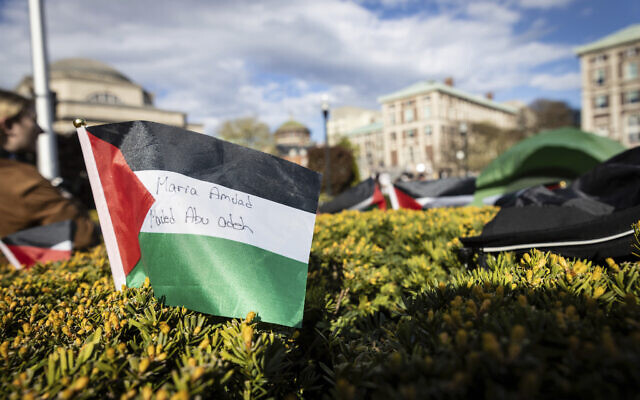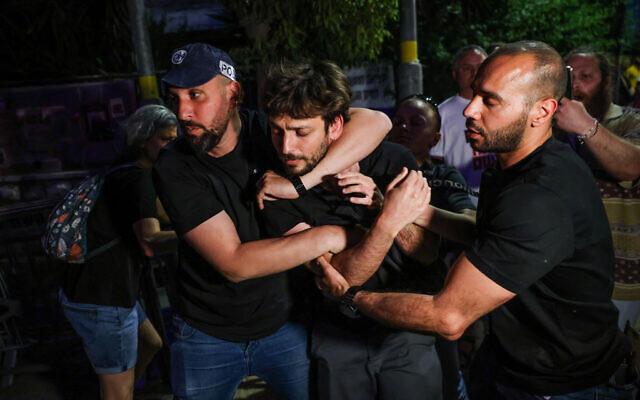US, Israel seem to believe hostage negotiations can be revived even after Hamas rejection
War cabinet convened to discuss next steps after determining that terror group’s rejection of deal was likely a negotiation tactic; US: ‘We think it’s possible to bridge differences’
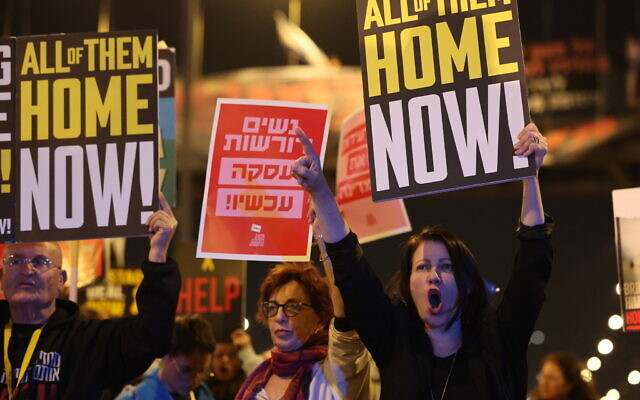
Israel and the United States appear to believe that there is still a chance to revive hostage deal negotiations with the Hamas terror organization after indirect talks in Qatar broke down earlier in the week.
Speaking to reporters at a news briefing in Washington on Wednesday, US State Department spokesman Matthew Miller said Washington believes it is possible to continue to pursue the release of hostages.
The talks broke down after Hamas rejected the terms of a deal offered to them by mediators involving a temporary truce and a hostage release. Israel had already agreed to the proposal before it was sent to Hamas, which rejected it and claimed that Israel was “thwarting” all efforts to reach an agreement.
Asked if the talks were at an impasse, Miller said that over the past week, “real progress was made to achieving a deal, but when you make progress, the issues that remain are often the hardest ones.”
“Some of the remaining issues that need to be resolved are some of the most difficult ones in areas where there is the most disagreement between Israel and Hamas,” he continued. “We do think it’s possible to bridge those differences, and we’re going to try and continue to bridge those differences.”
“We do not believe they have come to an end,” Miller added. “We believe that there is an ability to continue to pursue the release of hostages, and that’s what we’re going to continue to do.”
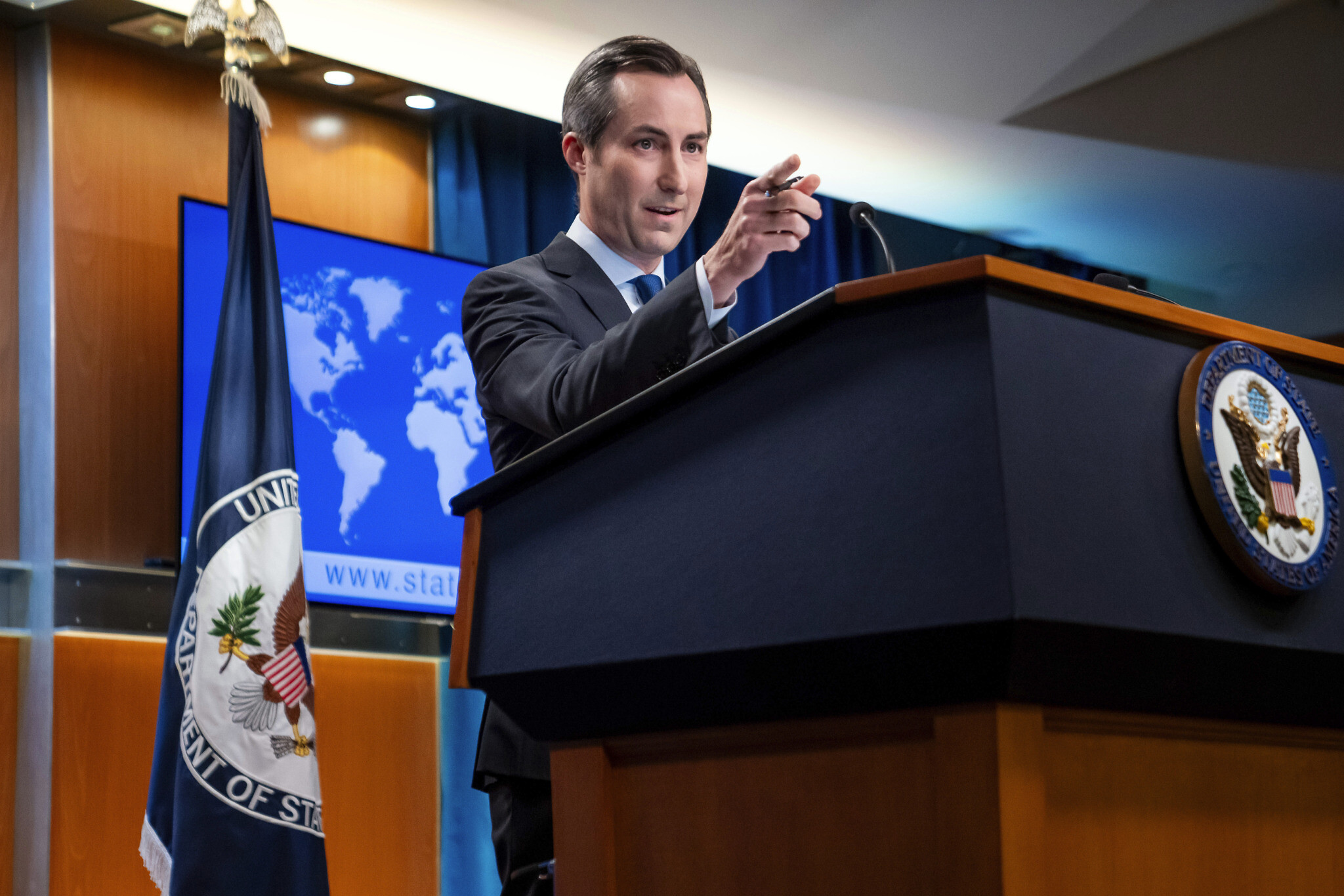
While the US attempts to revive the negotiations, Israel’s war cabinet convened on Wednesday evening to discuss, among other things, efforts to release the hostages.
According to Channel 12, the war cabinet believes that the terror group’s rejection of the US proposal may be a negotiation tactic and that as such, there is a window of opportunity for progress.
The war cabinet determined that Israel has two options, the report stated — it can either wait for the US to present Hamas with a new offer to kickstart talks, or it can present an offer of its own.
Sources involved in the negotiations were reported to believe that Israel needs to be more flexible when it comes to Hamas’s demands and that it must move quickly before the terror group closes the door entirely.
One of the main sticking factors in the negotiations is the issue of Gazan civilians returning to the largely evacuated north of the Strip, which Hamas is insisting on while Israel is opposed.
However, Channel 12 reported, the war cabinet was advised that it should not be immovable on the issue, as it is likely that international pressure will force Israel to allow the civilians to return to northern Gaza in the near future regardless of the country’s stance during negotiations.
Israel demanded that civilians evacuate from the northern part of the Palestinian enclave at the start of the war with the Hamas terror group more than five months ago.
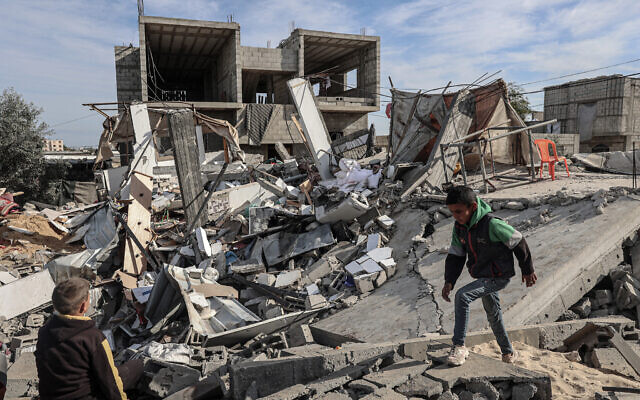
In addition to the issue of displaced civilians, Hamas has demanded a permanent ceasefire, the withdrawal of Israeli troops from Gaza and a “real” exchange of “prisoners,” demands which Israel previously rejected as delusional.
Discussions are also thought to involve an increase in humanitarian aid to Gaza, where civilians are facing increasingly desperate conditions.
Some 130 hostages are believed to remain in Gaza — not all of them alive — after the October 7 massacre, in which Hamas terrorists murdered some 1,200 people and seized 253 hostages, most of them civilians.
During a weeklong truce in late November, 105 civilians were released from captivity, and four were released prior to that. Three hostages were rescued alive by troops, and three were mistakenly killed. Eleven bodies have also been recovered.
The IDF has confirmed the death of 34 of those still held by Hamas, citing new intelligence and findings obtained by troops operating in Gaza.
According to Channel 12, the most recent proposal rejected by Hamas included an agreement by Israel to release as many as 800 prisoners in exchange for 40 hostages — women, children, the sick and the elderly — in the first phase of a potential six-week truce deal.




